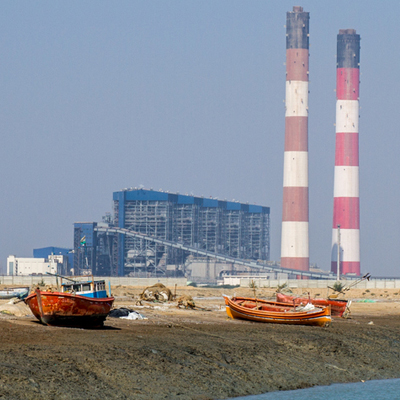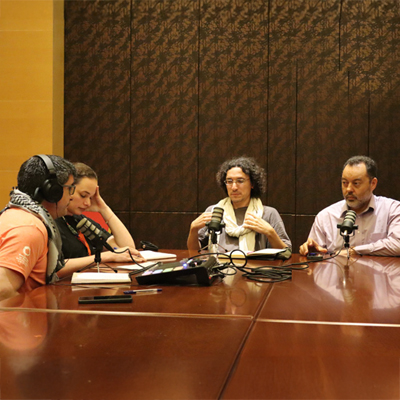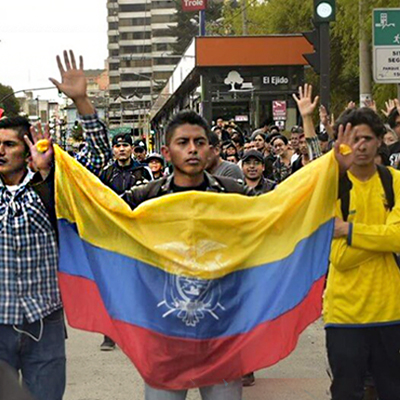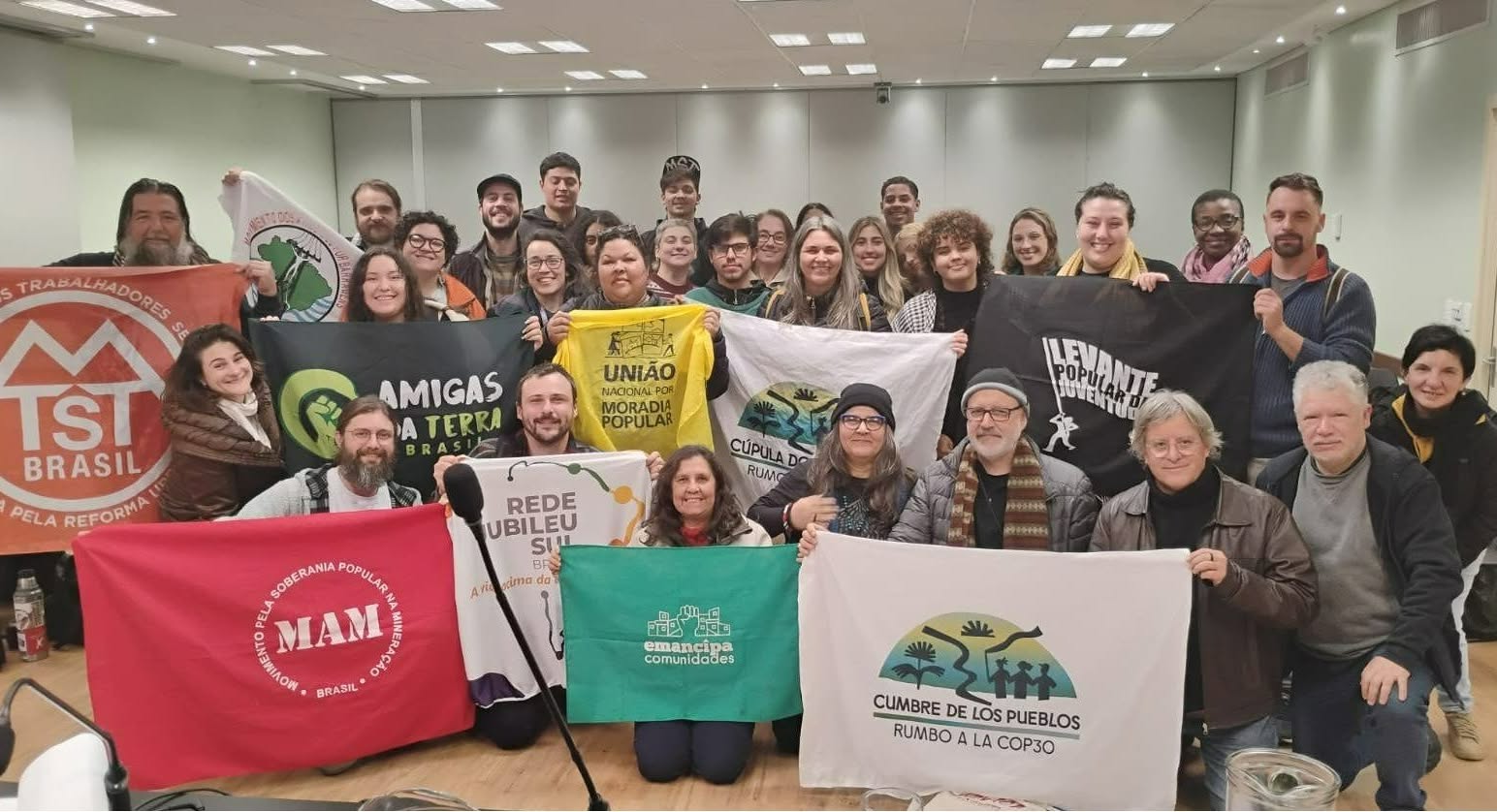“We have to change the UN”
A critical assessment after the UN Summit of the Future in New York

“There is a common assessment, not only by civil society, social movements or the people, that the multilateral system has failed, and is not delivering solutions to global and common problems,” said Gonzalo Berrón, representative of the Transnational Institute (TNI). “We have to reform the UN,” he added in an interview with Real World Radio.
A group of several social movements and organisations calling for a new multilateralism at the service of the peoples and the planet held an encounter in New York, United States, on 19-21 September, ahead of the United Nation’s Summit of the Future in the same city (22-23 September).
These organisations denounced serious attempts in the process towards the Summit of the Future to reinstate a corporate-driven agenda already rejected by States and social organisations, to impose the idea that organised civil society wanted to allow various stakeholders, including private actors with special interests, in the official meeting. On the contrary, social movements were pushing for a meeting of governments, representatives of the peoples.
Before the Summit of the Future, the organisations pushing for a truly democratic multilateral system warned that the UN has not been delivering real solutions for crises such as climate change, pandemics, natural disasters, genocides, wars, and skyrocketing inequality. “Global governance is dominated by corporate interests, perpetuating a system that overlooks the needs of the majority, particularly in the Global South,” they said. “The upcoming Summit of the Future risks becoming yet another exercise in maintaining the status quo; legitimising an economy for billionaires.”
After the people’s encounter and the Summit of the Future, Real World Radio interviewed Gonzalo Berrón, to know more about what happened in both meetings and ask him about his assessments.
According to the Argentinean activist based in Brazil, the social movements and organisations fighting for a new multilateralism had two main intentions in New York: to share reflections toward a common understanding about the failure of UN institutions due to corporate capture, and to evaluate possible actions to challenge this.
“Our colleagues and activists from the different sectors face the same problems: they push for rights, public services and access to commons, but they face the challenge of corporate power and interests blocking the fulfilment of Human Rights,” Berrón told Real World Radio.
“There is a common assessment, not only by civil society or social movements or the people, that the multilateral system is a failure, and is not delivering solutions to global, or common problems.” About the outcomes of the Summit of the Future, Berrón added: “The Pact for the Future, which is the core of the three documents agreed on these days, is not moving a step forward in searching for solutions or in concretising solutions for these global problems. It’s disappointing, because it maintains the status quo and that status quo is not good for people nor the planet.”
The TNI representative admitted that the Global Digital Compact, a second document negotiated in the Summit of the Future that largely addresses the problem of how internet and digital aspects are managed, made a small step forward “but not as much as we really wanted”. The asymmetries regarding access to the digital world were only partially addressed, Berrón regretted.
The last document, the Declaration for Future Generations is, according to Berrón, a call of attention to authorities and States to take into consideration that their actions today will have an impact on future generations, which needs to be considered when developing policies. “It is interesting indeed, but it’s just a declaration. It won’t change things, really.”
Berrón has no doubts: “We have to change the UN. […]From our point of view, we have to block the corporate capture of the UN, the excessive influence of economic power, transnational corporations and philanthropists that are really pushing forward certain policies that are beneficial for them.”
But we also need institutional reform, added the activist. “The UN has some mechanisms that make it a system that is not democratic at all, mostly the power of veto. There are different categories of States, but democracy needs everybody to be the same and to have the same power. Here, it’s not the case and it’s blocking pathways towards solutions.” Powerful States that have the veto power “do whatever they want, and that’s not only being expressed in geopolitical terms but mostly in economic terms”.
Nevertheless, the social movements and organisations present in the New York Peoples Encounter are committed to continue denouncing and pushing back against the corporate capture of UN institutions. There is an urgent need for a systemic debate on how the multilateral system must be reformed. There are many ideas on the table, but there’s general agreement as well: a democratic multilateral system is needed now for the peoples and the planet.






